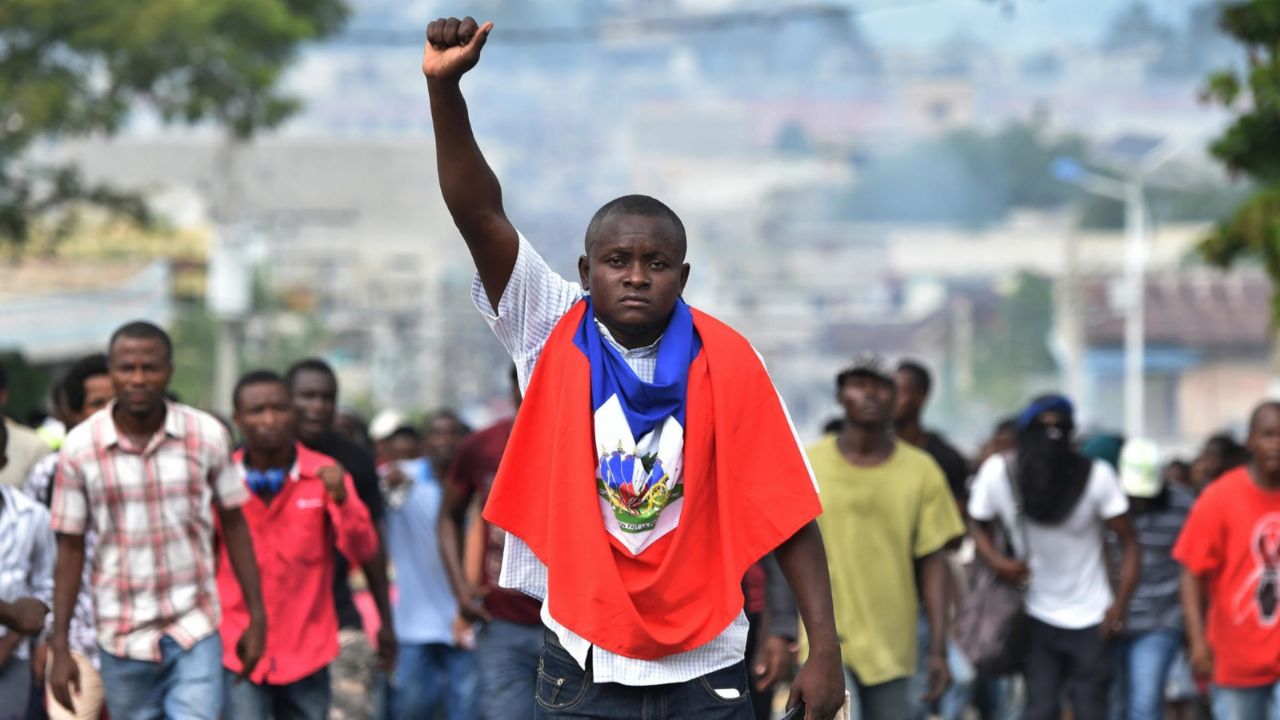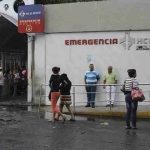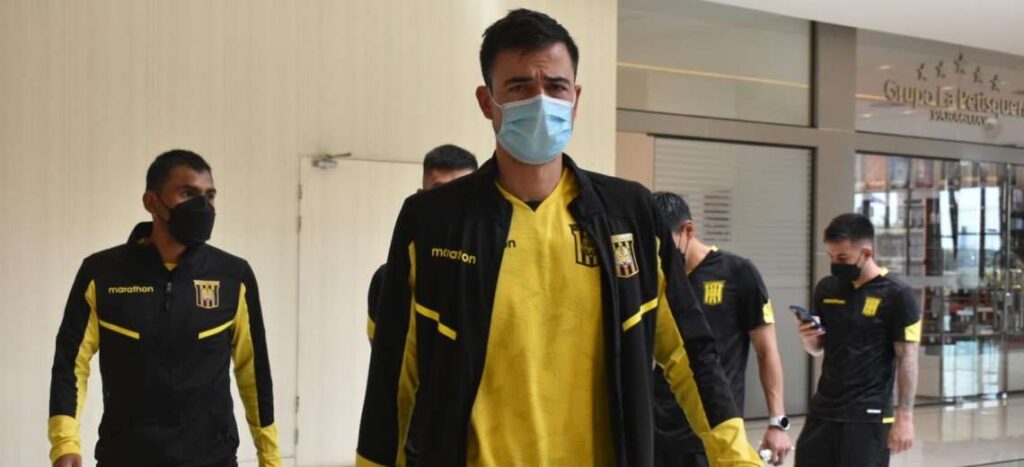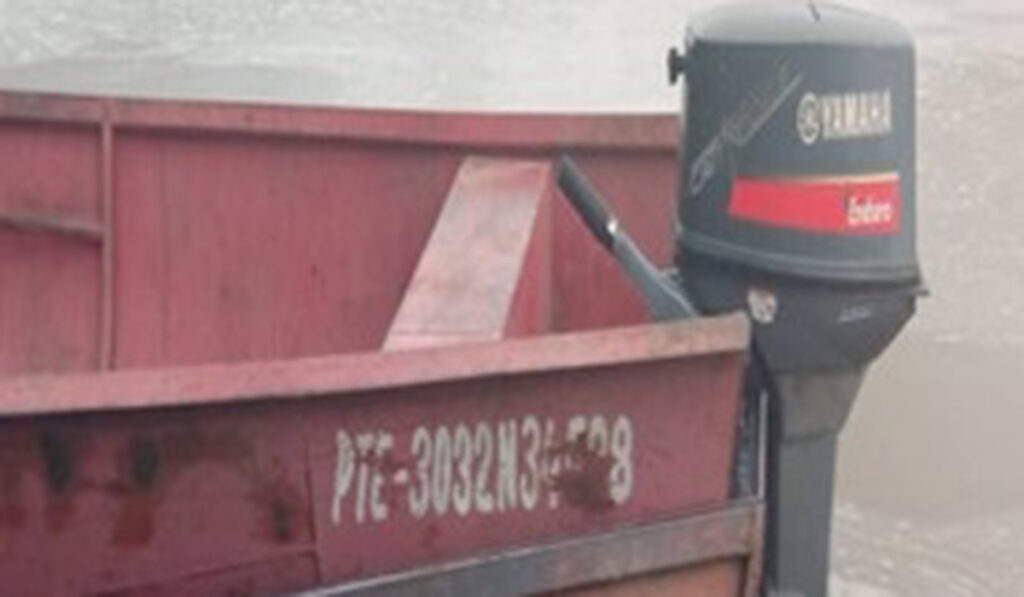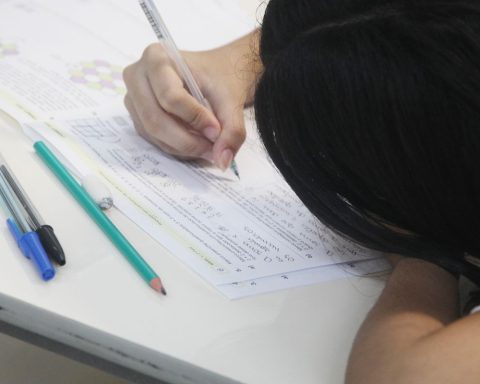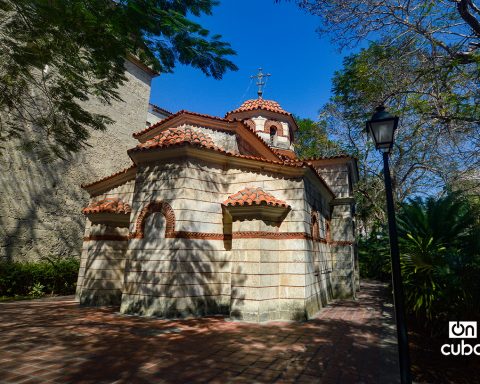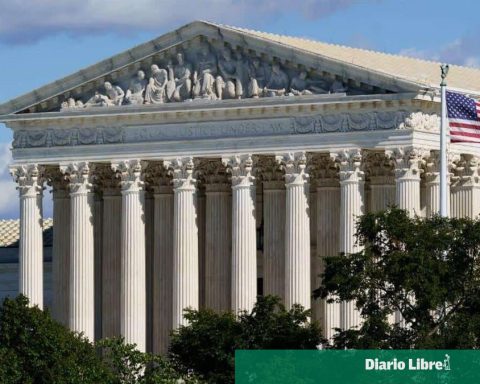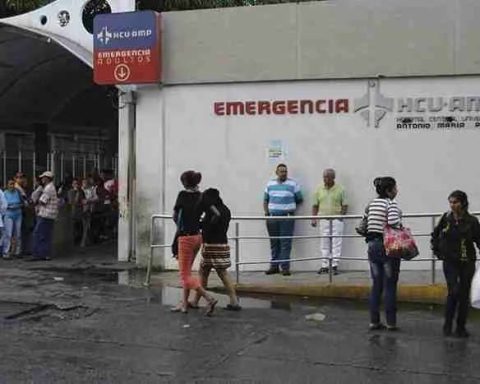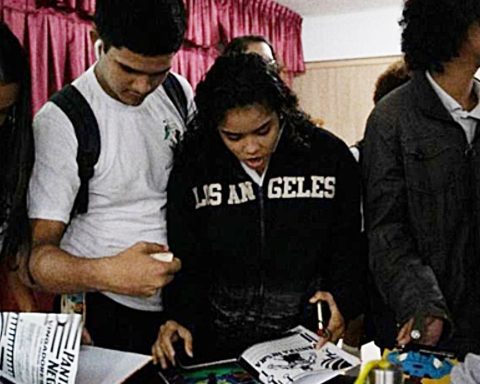Haiti It was the first country in Latin America and the Caribbean to become independent and, despite this, today it faces a serious problem of political instability, due to the interference of North American imperialism.
Although this problem began a long time ago, in the last 15 years it has worsened, thanks to the last two governments that it has had. the country by the PHTK party (Parti Haïtien Tèt Kale) in French, or better known as Skinheads.
According to Eddyson Damas, a member of the Haitian Democratic Committee in Argentina, in an interview for Minuto Argentina, these governments “have become lackeys of imperialism” and have transformed Haiti in “a neocolony”.
This situation has made those in power forget the needs of the people, since the rulers are “managed” by the international community, especially by the United States.

Consequently, the Caribbean country today faces a level of extreme poverty, since with 11.4 million inhabitants, 60% of its population lives in a situation of severe famine.
In addition, Haiti today faces a serious security problem, since the wave of violence has exploded indiscriminately and its citizens live in fear of going out into the streets, as they may be kidnapped or killed.

“Haiti It is a country in crisis. Nothing changes,” says Damas, who also emphasizes that these problems take on greater importance due to the invisibility they have, because despite everything that happens, Haiti It is a forgotten country.
For this reason, while all aspects of social life are crumbling, the people are crying out to recover their sovereignty, because if something has characterized its citizens, it is their resistance and rebellion.
What is the Core Group and how does it affect the crisis in Haiti?
The Core Group is an organization made up of ambassadors from different countries in Haiti such as Canada, Brazil, Germany, Spain and the European Union and by special representatives of the UN and OAS Secretaries General.
These representatives, who call themselves “the friends of Haiti“They have been in charge of “choosing the destiny of the country” in recent years, according to their convenience and political interests, since is It is a key nation on the Caribbean Sea, due to its geographical location.

This, if one takes into account that the Caribbean country, in addition to being central, is only 77 kilometers from Cuba, is attached to the Dominican Republic and is a few hours by flight from Jamaica and Puerto Rico.
“Having control of Haitiany political decision to intervene in those countries Haiti it can serve as a place of passage, ”says Eddyson in an interview for Minuto Argentina. Added to this, the country has become a provider of cheap labor for other nations.

Thanks to that, The United States has taken charge of centralizing all its political and social management and has imposed on the last leadershas even silenced those who have tried to oppose it.
The problem is so serious that currently the territory has been seized by more than 100 criminal gangs, the vast majority armed with personnel from the North American country.
The present of Haiti after the death of Jovenel Moïse
On July 7, 2021, Jovenel Moïse, the last president of Haiti He was murdered in his sleep in his own home. Despite almost a year having passed since then, justice has still not found those responsible for the assassination.
This situation plunged the country into a deeper crisis, as an unprecedented wave of violence was unleashed, where the kidnapping industry, as Eddyson calls it, grew stronger alongside the criminal gangs.

These gangs, in addition to being “allies” of the Government and imperialism, have had the country blocked for months to maintain repression, since the people have demonstrated on multiple occasions “saying enough, this system is killing us.”
As if that were not enough, a month after Moïse’s assassination, the nation was faced with a 7.2-magnitude earthquake, which left approximately 2,248 dead and 329 missing, which obviously aggravated the situation.

But the social crisis also worsened when Prime Minister Ariel Henry was appointed as the new president of Haiti illegitimately, even though he was listed as a suspect in Moïse’s murder.
All these factors have “finished fracturing” the society, which in addition to being faced with violence, with the political control of imperialism, tries to survive in the midst of famine.
“People are waiting to see when it’s my turn,” says Eddyson, referring to the fact that at any moment, any citizen can be the victim of kidnapping, murder or a natural disaster.
The people of Haiti say “enough” and claim their sovereignty
As part of their struggle to recover their sovereignty, the Haitian people, in addition to demonstrating in the streets on many occasions and expressing their rejection of the repression to which they are subjected, also managed to implement the Montana Agreement.
This document, which was signed by more than 1,000 organizations and popular unions, seeks that a transitional government be established, in order to break with the political system in place in the country.

With this, they also propose that, if necessary, the Constitution be reformed; In addition, that legitimate elections be guaranteed and with all the security conditions so that citizens choose those who really represent them.
“We have made a proposal for self-determination, for sovereignty; a rupture transition to guarantee that there is a clear representation of the country with the mandate of the people, not with the mandate of those who want to run the country”.
This political agreement is a viable solution to the crisis that the people are experiencing, because in addition to being legitimate, it has “representation of all sectors of national and international public life of Haiti”.
In addition to signing this treaty, citizens are also mobilizing with the international community to make these problems visible and denounce the seriousness of the situation, because today more than ever they are willing to recover their sovereignty.

For this reason, Haitians ask other countries for “full solidarity”, which constitutes a respect for the determination of the people, sovereignty, culture, history and the way they want to do things.
Likewise, citizens who have left the country They want to make it clear that they did not “escaped” because in addition to fighting, from the outside, for a better future, they are also affected by the serious acts of violence to which their brothers are subjected.
For this reason, as a resilient and, above all, rebellious people, they are confident that their struggle in the near future will give them victory and thus put an end to violence, famine, inequality, the humanitarian crisis, and as more than 200 years, to return to being a free people.
